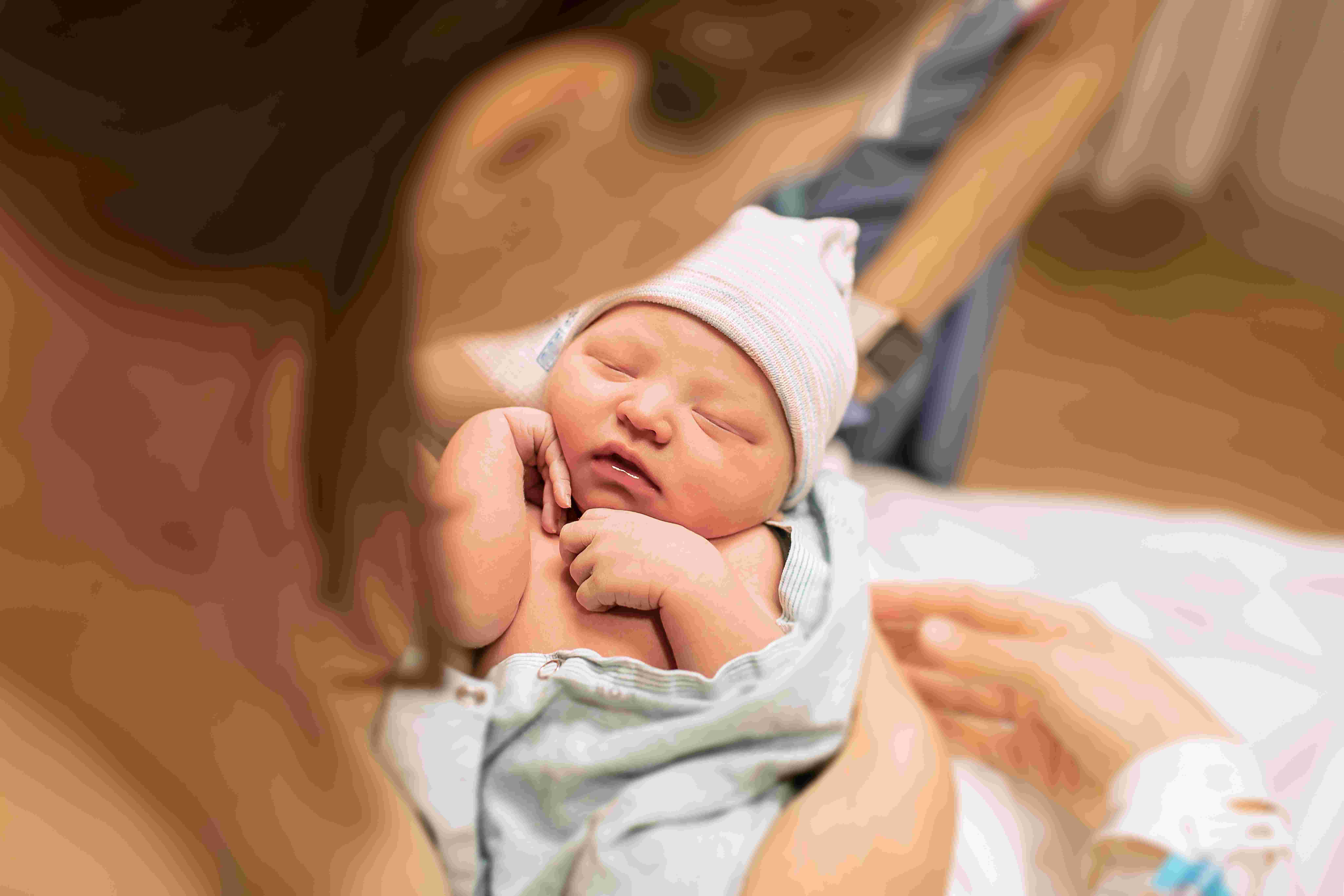A Queensland trial is under way to better support mums with eating disorders during pregnancy and after birth.
Run by Mater Mothers’ hospitals, the project aims to better equip hospital staff to recognise and respond to certain behaviours.
Project lead Dr Grace Branjerdporn said before and after birth were high risk times for mothers developing an eating disorder.
“An eating disorder is a serious mental health condition and having an eating disorder that goes undetected and unsupported in pregnancy may result in complications for a mother and baby,” Dr Branjerdporn said.
Dr Branjerdporn is the Service Development and Research Team Leader of Queensland’s only integrated perinatal mental healthcare service, Catherine’s House for Mothers, Babies and Families at Mater’s South Brisbane campus.
The Australia-first study is underway at Mater Mothers’ Hospitals in Townsville and South Brisbane.
Dr Branjerdporn said newly designed online modules contained information aimed at helping midwives, child health nurses, medical staff and peer workers support mothers in the peripartum (the period shortly before, during, and immediately after giving birth).
She said asking mums about eating disorders should become a prerequisite when taking a patient’s history.
“The perinatal period can trigger the development of an eating disorder for the first time or may aggravate a pre-existing condition with the pregnancy complicating eating disorder symptoms related to changes in body weight and shape,” Dr Branjerdporn said.
“Eating disorders in the peripartum are often under recognised for several reasons related to both the health system and presenting for care.”
She said in expectant mothers, eating disorder signs could manifest as normal symptoms in pregnancy such as nausea, vomiting, having a decreased or increased appetite, or normalise restriction and food avoidances.
Dr Branjerdporn said the learning modules showed how eating disorders could present as psychological, physical or behavioural.
According to the National Eating Disorder Collaboration, around 15 percent of women will experience an eating disorder at some point in their lives.
There are several types of eating disorders including anorexia, bulimia, Binge Eating Disorder, and Disordered Eating, which is disturbed and unhealthy eating patterns. This can include restrictive dieting, compulsive eating or skipping meals.
“This particular study asks midwives to do an online module which includes interactive activities and videos of mums with lived experience. It is a co-designed study and will help health professionals better detect eating disorders,” Dr Branjerdporn said.
“Morning sickness is very similar to binge purging and this program will help midwives detect this in patients.
“It is important to recognise that a patient with an eating disorder might not look like they have one.
“Sometimes mums will say they are eating for two, and then they will rationalise binging.
“Some feel a lot of shame around their eating disorder history and don’t want to raise it themselves.”
There are plans to trial the study at all Mater Mothers’ hospitals across Queensland.








